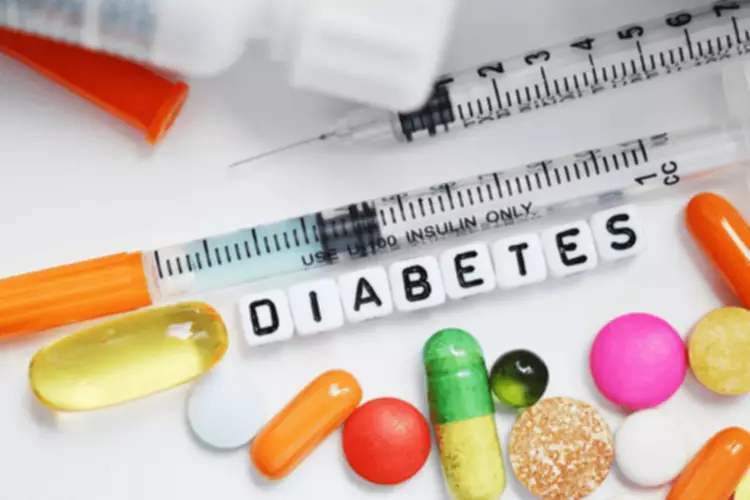
Our years of experience enable us to provide the right assistance, no matter your background. It is possible to recover from alcoholism and regain control of your life. Here at Northpoint Recovery, we can provide you with the support you need to be successful. With this method of detoxing, the focus is on helping the person get healthy.
Articles Related to Alcoholism
- Even if you are aware that your drinking has become a problem, it’s common to worry about what others might think.
- Unlike husbands and wives, you may not live with the person you’re dating.
- Instead, the DSM-5 has established AUD as the term to replace previous stigmatizing terms such as alcohol dependence, alcohol abuse, and alcoholism.
- If someone is abusing alcohol frequently enough, that abuse can turn into an addiction, as seems to be the case with Fox.
For a scientific explanation of alcoholism and physical dependence on alcohol, check out this video. It explains why these physical cravings for alcohol are not a sign of a lack of willpower, but rather a biological issue and disease. Someone who has reached stage three of alcoholism is likely scared of living without alcohol since it’s been so long since they’ve been without it. By this stage, the user’s alcoholism will probably show up in various ways, including financial troubles, broken relationships, and poor job performance. They may be able to mask the problems for some time, but it won’t last forever.
Here’s why high-functioning alcoholism is dangerous
- Or, they get bombed every weekend but don’t skip a beat at their demanding job.
- Let’s look at the signs and symptoms of what it means to be a functioning alcoholic.
- They could, and likely do, give in to their cravings at any time.
- An abuser of alcohol doesn’t feel compelled to drink, and alcohol is only consumed on a semi-regular basis.
- Group members include peers who provide comfort and advice to one another.
Unlike husbands and wives, you may not live with the person you’re dating. Significant others may be able to hide their drinking, and it may be easier for them to keep problems a secret. Many alcoholics use denial or aggression as their chosen mode of avoidance, but others have a seemingly rational explanation for their behavior. Consider not drinking yourself (at least temporarily), says Kennedy. You, too, might realize that your relationship with alcohol is negatively affecting your life.
- If The Recovery Village is not the right fit for you or your loved one, we will help refer you to a facility that is.
- Since people with high-functioning AUD can be on the milder spectrum of the condition, the earlier treatment happens, the more it may be possible to avoid a progression.
- You can research available resources in your area where they can connect with support.
- The way people with alcohol use disorder present in their day-to-day lives varies significantly.
Stage #4: Noticeable Physical And Psychological Changes

This makes it important to seek medical treatment and peer support in your recovery process. Your doctor can give you medication to help manage withdrawal symptoms and help you lessen alcohol cravings to reduce the risk of drinking again. They can assess your symptoms and offer next steps, whether this is treatment or other methods of support. Groups like Alcoholics Anonymous (AA) or Drinkline offer free, confidential, over-the-phone advice and support for people who are concerned about their drinking.
What are the Behavioral Indicators of an Alcohol Addiction?
You don’t become an alcoholic automatically after one drink – but how you approach and use alcohol determines how close you are to alcoholism. If an individual high functioning alcoholic develops alcoholic hepatitis and does not stop drinking, cirrhosis can result. This takes place when scar tissue in the liver replaces healthy tissue.
Coping With a Functional Alcoholic
When they examine themselves in the mirror, they may not recognize themselves. Common outward changes may include flushed skin and a distended stomach or “beer belly.” They may not be aware, but alcohol is affecting their bodies internally as well. Possible physical side effects include increased blood pressure and liver damage.

They are also part of the reason that family members of alcoholics often don’t realize when there is a problem. For people with functioning AUD, seeking treatment as an outpatient may help them reduce disruptions to their work or family life. Instead, the DSM-5 has established AUD as the term to replace previous stigmatizing terms such as alcohol dependence, alcohol abuse, and alcoholism.
- Many high-functioning alcoholics earn a good living and can support their families while continuing to drink.
- Not everyone who claims they want to help are truly looking to do so, and we want you to be prepared as you begin searching for the program that will partner with you on the road to sobriety.
- But not every alcoholic fits the stereotype so often portrayed in entertainment media or DARE classes.
- AAC is the parent company of Alcohol.org and is a nationwide provider of treatment facilities focused on providing hope and recovery for those in need.
- He became a self-proclaimed recluse, spending time alone both in order to drink and because other activities simply didn’t sound as entertaining to him anymore.
Impact of Being a Functional Alcoholic
Instead, she recommends seeking more formal support with Al-Anon or therapy to help you create boundaries and care for yourself. “For starters, the media, our workplaces, and many social circles normalize drinking to excess,” says Ruby Mehta, a clinical social worker and director of clinical operations at Tempest. What might look like denial may actually be a lot more complicated and multilayered for people with high-functioning AUD. “For example, you may notice your spouse drinking more beers at dinner, sleeping less and less, and increasingly on edge well before they start missing workdays,” Grawert adds. You suspect your spouse, close friend, or relative has a drinking problem.


